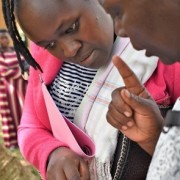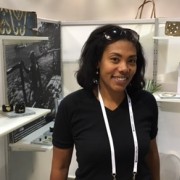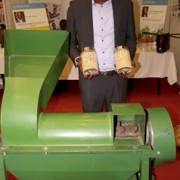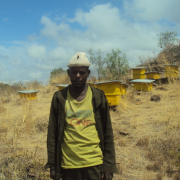Speeches Shim

They call themselves the “Superstars” and are in their own little way helping Kenya tackle the COVID-19 pandemic. The women’s group in the lakeshore county of Homa Bay is making soap as part of a chama (a type of small savings and loan group that is popular across Kenya). Each of the group’s members contributes money, which is used to buy soap-making ingredients. Once it is produced, each member receives an equal amount of soap to sell. The group meets every week to share out the proceeds, setting some of the funds aside to buy more reagents and provide loans to its members.

Christine (not her real name) and her two children travel from Uganda to Kenya every two weeks to trade in fish and farm products. During this trip, she visits Port Victoria sub-County Hospital to refill her family’s antiretroviral (ARV) drugs. But the arrival of the coronavirus disease (COVID-19) upended her trips.

Nicola Onyango started her artisanal handmade jewelry company, Urban Artefacts, in 2015. She stocks four shops in Nairobi with her designs. Her employees expertly buff every piece to ensure quality and longevity. She’s building a brand of well-made, contemporary jewelry with materials indigenous to East Africa and has now entered the U.S. market.

About the size of a wheelbarrow, Stephen Ssekanyo’s “Kungula thresher” fits nicely on the back of a motorcycle. That means he can deliver it deep into rural areas where the unpaved roads become tracks and farmers rarely gain access to technologies. But by delivering his innovation to the farmers’ fields, he is helping them to prepare clean, ready-to-package maize at a price they can afford.

In Ethiopia, the 2015-2016 El Niño-induced drought and consecutive poor rainy seasons triggered the worst water shortage the highlands had seen in more than 50 years.

Comment
Make a general inquiry or suggest an improvement.